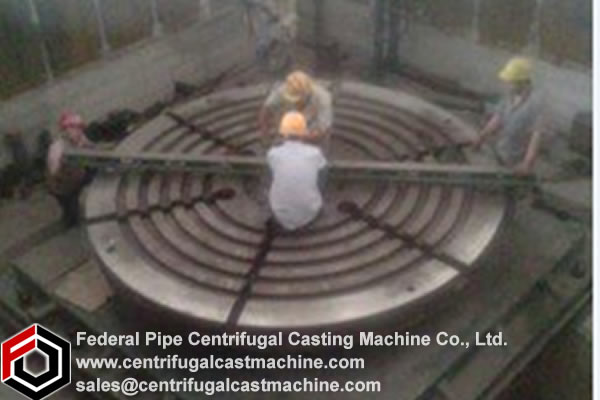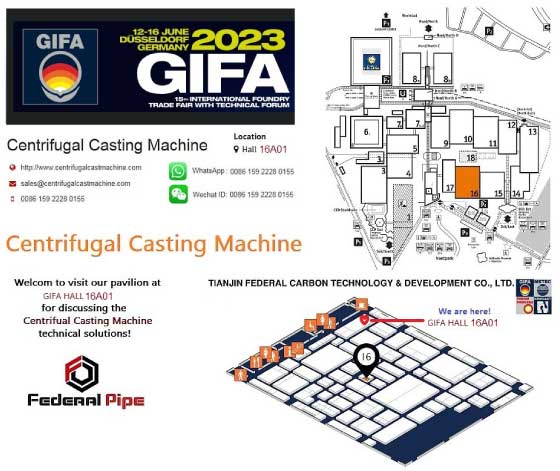Casting behavior of titanium alloys in a centrifugal casting machine.
Since dental casting requires replication of complex shapes with great accuracy, this study examined how well some commercial titanium alloys and experimental titanium-copper alloys filled a mold cavity. The metals examined were three types of commercial dental titanium [commercially pure titanium (hereinafter noted as CP-Ti), Ti-6Al-4V (T64) and Ti-6Al-7Nb (T67)], and experimental titanium-copper alloys [3%, 5% and 10% Cu (mass %)].

The volume percentage filling the cavity was evaluated in castings prepared in a very thin perforated sheet pattern and cast in a centrifugal casting machine. The flow behavior of the molten metal was also examined using a so-called "tracer element technique." The amounts of CP-Ti and all the Ti-Cu alloys filling the cavity were similar; less T64 and T67 filled the cavity. However, the Ti-Cu alloys failed to reach the end of the cavities due to a lower fluidity compared to the other metals. A mold prepared with specially designed perforated sheets was effective at differentiating the flow behavior of the metals tested. The present technique also revealed that the more viscous Ti-Cu alloys with a wide freezing range failed to sequentially flow to the end of the cavity.
http://www.centrifugalcastmachine.com/Radiant-tube-centrifugal-casting-machine/172.html
